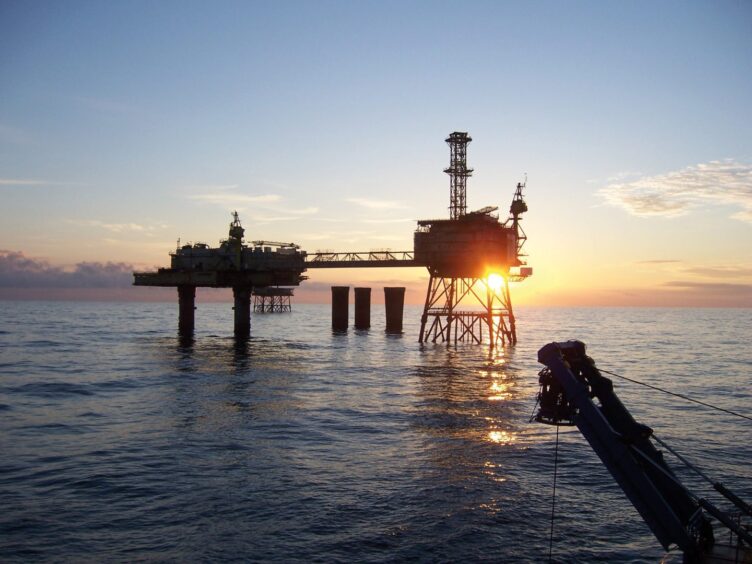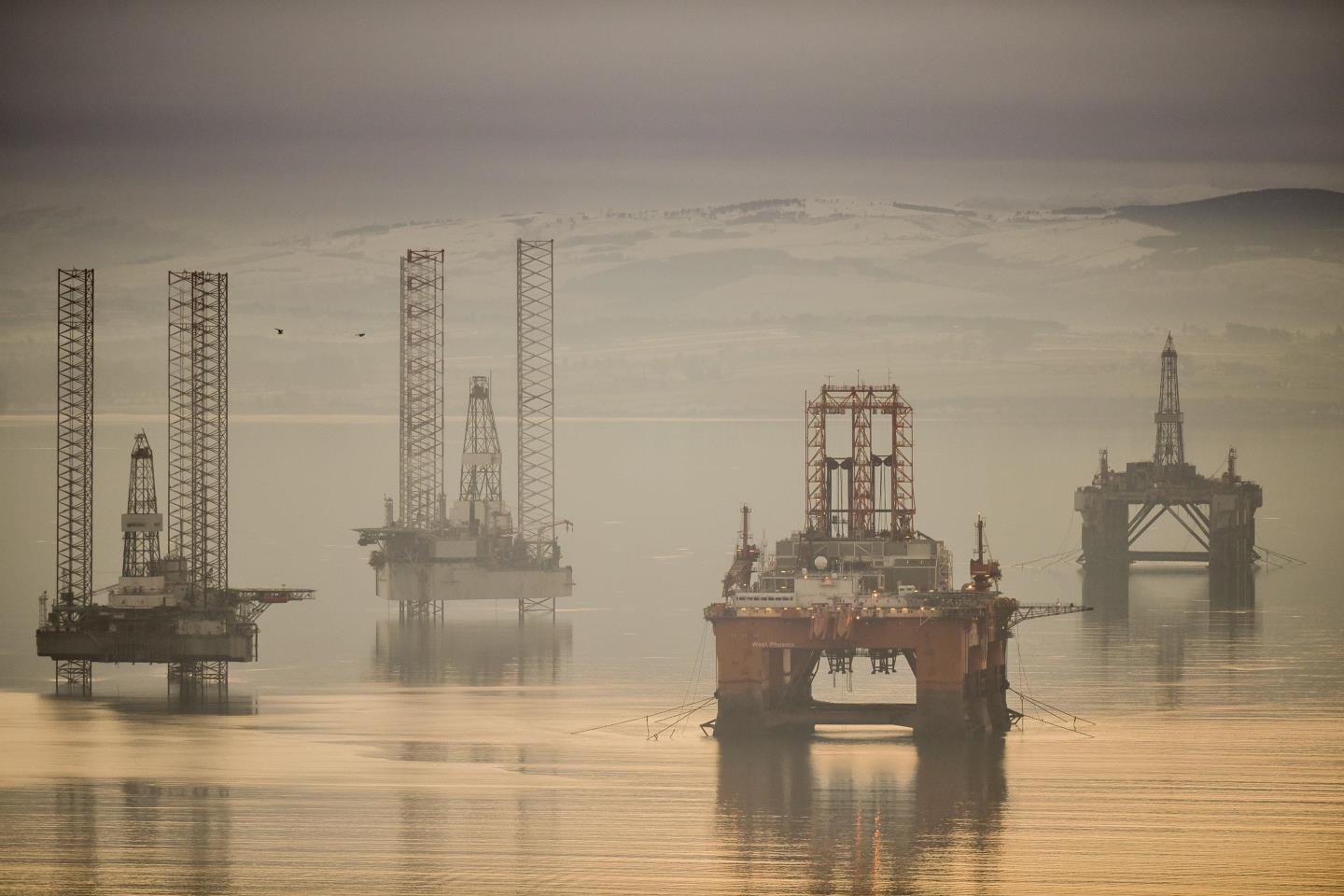
The North Sea Transition Authority (NSTA) regulator is warning it could soon name and shame operators who fail to meet decommissioning deadlines.
The NSTA will launch an industry consultation on the proposals, which could see it report details of investigations into “potentially substandard performance”.
It comes after the regulator last month opened an investigation into alleged failures by some North Sea over repeated delays to well plugging and abandonment (P&A).
Speaking to Energy Voice at the time, NSTA supply chain and decommissioning director Pauline Innes declined to name the operators under investigation.
This is despite the NSTA having the power to name parties to a disputes or sanctions case if the regulator “considers that such disclosure would be in the public interest”.
Launching a consultation on the proposals, the NSTA said if enacted it hopes companies “will be more motivated to fulfil their decommissioning obligations”.
NSTA chief executive Stuart Payne said the North Sea industry “must clean up after itself”.
“When production consents are granted, they include a commitment to decommission wells properly and quickly,” Payne said.
“Many do. A great deal of work has been completed.
“But there is still a great deal to achieve, and every company must live up to its obligations. These proposals will help us to maintain the pressure on them to do so.”
North Sea decommissioning
According to the NSTA, operators spent around £2bn on decommissioning in 2023, in line with forecasts, but they completed much less work than originally planned.
Across the UK continental shelf (UKCS), operators completed only around 70% of planned well decommissioning activities.
Inflationary pressures are leading to some operators deferring work in the hope that costs will eventually come down.
But the NSTA said failing to award contracts reduces the ability of supply chain firms to invest in their capacity and resources.
“This has a negative impact on the industry’s reputation and also affects the supply chain which is unable to plan effectively,” the NSTA said.
“In the long-term this leads to inefficiency and higher costs in an area which is already estimated to cost a total of £10bn from 2023 to 2032.”
The regulator outlined possible measures promising more transparency regarding missed decommissioning deadlines, sanction warning notices and potential breaches.
The NSTA is also considering whether to publish an “annual league table of well decom performance”.
The transparency effort comes as the NSTA prepares to publish a list of North Sea assets that “routinely flare” in the near future.
Delays impact North Sea investment
The NSTA said despite “encouraging progress” on decommissioning, there are close to 940 inactive wells that still need to be decommissioned.
Of these, there are more than 500 that have missed their original deadline.
While the NSTA said it will continue to investigate potential sanctions, the lengthy process can raise doubts among potential investors in the UK decom sector.
Additionally, the regulator said the industry “does not benefit from the warning and ensure that they are compliant under the regime”.
“Well decommissioning is essential to demonstrate that the industry can be trusted to meet its commitments to limit its impact on the environment,” the NSTA said.
Consultation on the transparency proposals will last for eight weeks until 31 October 2024.
Recommended for you


 © Well-Safe Solutions
© Well-Safe Solutions